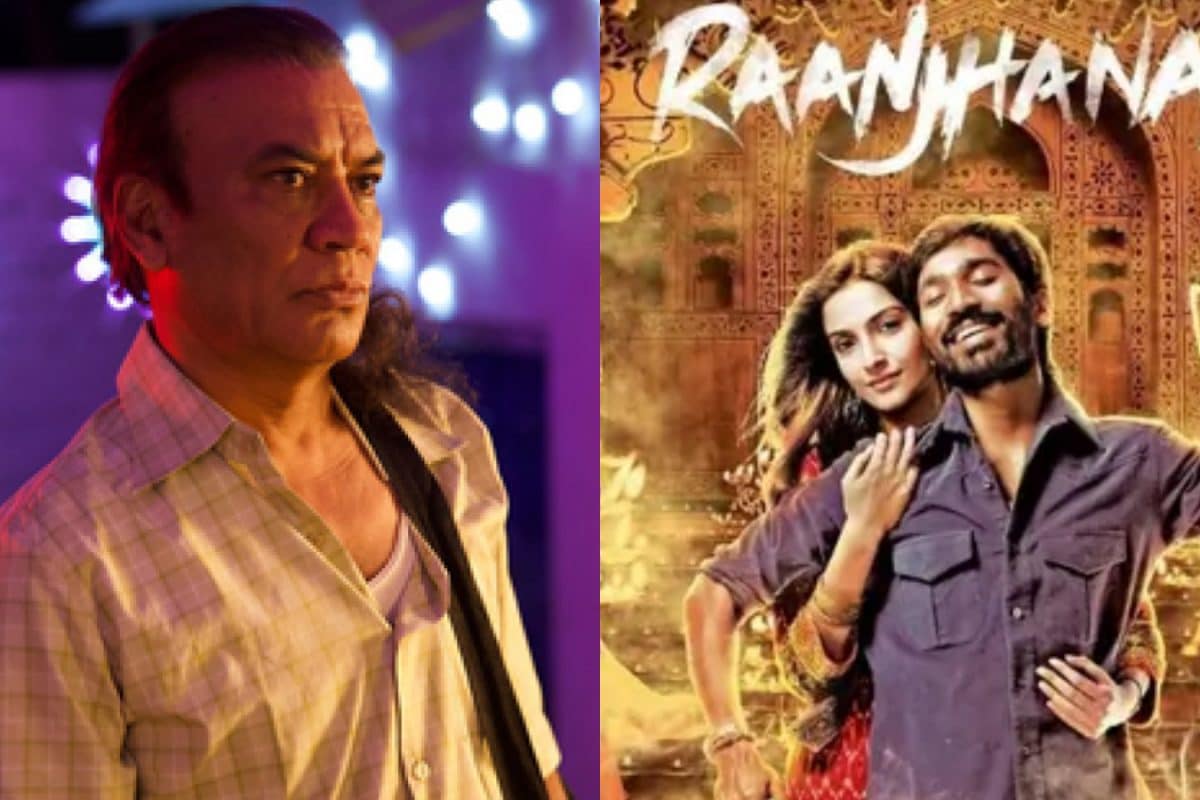

The recent re-release of the 2013 film Raanjhanaa, with an AI-altered ending, has sparked a significant controversy in the Indian film industry. The original film, directed by Aanand L. Rai and starring Dhanush and Sonam Kapoor, was known for its tragic ending. However, Eros International, the film's production house, re-released the Tamil version, Ambikapathy, with a modified "happy" ending created using artificial intelligence. This decision has drawn sharp criticism from the original creators, including director Aanand L. Rai and lead actor Dhanush.
Now, actor Vipin Sharma has joined the chorus of disapproval, expressing his dismay at the use of AI to alter the film's ending. Sharma, known for his roles in films like Taare Zameen Par and Gangs of Wasseypur, has strongly criticized Eros International's decision, questioning the need to change a film that resonated with audiences in its original form.
"Why do you want to change?" Sharma reportedly questioned, emphasizing the importance of preserving the integrity of the original artwork. He argued that altering the ending with AI fundamentally changes the film's message and impact. Sharma's sentiments echo the concerns raised by Rai and Dhanush, who have both publicly condemned the AI-altered ending. Rai has distanced himself from the re-released version, while Dhanush stated that the new ending "stripped the film of its very soul".
Eros International has defended its decision, stating that the AI was only used as an assistive tool and not an autonomous content creator. The production house also claimed that the re-release with the alternate ending is a "legally compliant, transparently labelled, and artistically guided creative edition intended for Tamil-speaking audiences". They further asserted that it does not replace the original Raanjhanaa, which remains available across all platforms.
However, this explanation has failed to quell the controversy. Critics argue that using AI to alter a film's ending sets a dangerous precedent for the industry. It raises questions about who owns a story once it's told – the creator, the studio, or the audience. The debate also touches upon the ethical implications of using AI to rewrite artistic works, potentially diminishing the role of human creativity and storytelling.
Eros International has issued a cease and desist notice to Aanand L. Rai and his production company, Colour Yellow Productions, demanding they cease unauthorized references and marketing of any derivative elements of Raanjhanaa. The production house also refuted Dhanush's claim that Rai had financially backed his casting in the film.
The Raanjhanaa AI ending controversy highlights the growing tension between creative freedom and the increasing use of artificial intelligence in the entertainment industry. As AI technology continues to advance, it is crucial to have conversations about its ethical and artistic implications, ensuring that technology serves to enhance, rather than replace, human creativity in storytelling.